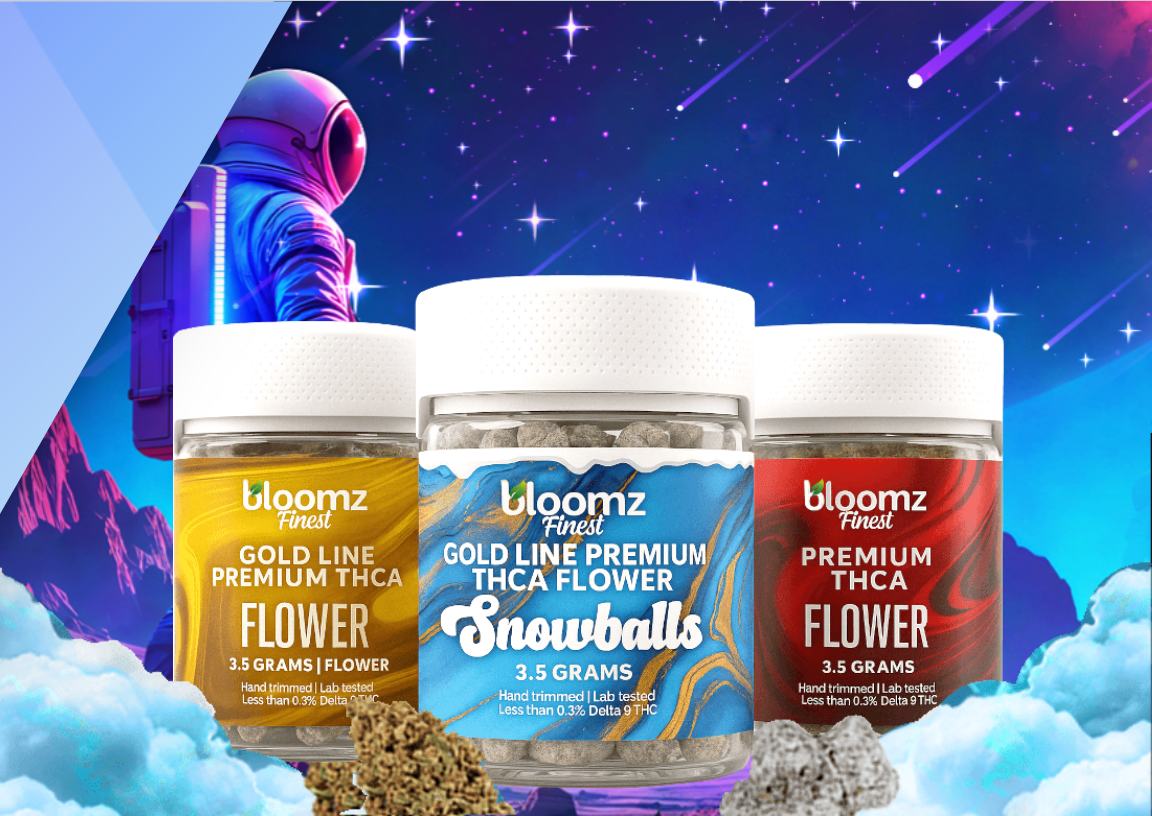The temptation to pop a pimple can be overwhelming. It seems like a quick and easy way to reduce the appearance of an unsightly blemish. However, the common advice from dermatologists is clear: resist the urge. This essay explores the impact of popping pimples and whether it truly helps them disappear faster, delving into the science of why it might not be the best idea.
Understanding Pimples
Before debating whether or not to pop a pimple, it’s important to understand what a pimple actually is. A pimple forms when the pores of the skin become clogged with sebum (oil), dead skin cells, and sometimes bacteria. This can lead to the formation of a comedone (a whitehead or blackhead). When the walls of the plugged follicle break down, it leads to inflammation and the development of what we typically recognize as a pimple or zit.
The Immediate Gratification of Popping
Popping a pimple can sometimes lead to an immediate decrease in its noticeable size. When you squeeze a pimple, you often expel some of the accumulated pus, oil, or dead skin cells that were causing the bulge. This is why, initially, the pimple may appear smaller or less inflamed. However, this is a superficial and often temporary improvement.
Risks of Popping Pimples
While popping a pimple might seem like it provides a quick fix, it comes with several risks that can ultimately worsen the skin’s appearance and health.
- Infection: When you pop a pimple, you’re essentially creating an open wound. This makes it easier for bacteria on the skin’s surface to enter and cause an infection, which can lead to increased redness, inflammation, and even more pimples.
- Spreading Acne: Squeezing a pimple can cause the underlying pus and bacteria to be pushed deeper into the skin or across the surface, potentially leading to more breakouts.
- Scarring: One of the more serious risks of popping pimples is the potential for scarring. The act of popping can tear the skin, leading to scars known as acne scars. Additionally, if a popped pimple becomes infected, the infection can cause further skin damage and more noticeable scarring.
- Delayed Healing: Contrary to the belief that popping a pimple might accelerate healing, it typically prolongs the healing process. The inflammation and potential infection that can result from popping a pimple can increase the time it takes for the skin to heal.
What Happens When You Don’t Pop?
Resisting the urge to pop a pimple allows the skin’s natural healing processes to work. The body’s immune system is designed to combat inflammation and infection. White blood cells rush to the site, which is why a pimple becomes pus-filled. This pus is a combination of bacteria, dead white blood cells, and debris from the inflammatory process. When a pimple is left alone, the body will naturally reabsorb the pus, and the healing process will proceed without the potential complications of manual popping.
Alternatives to Popping
For those looking for ways to reduce the appearance of pimples without the risks associated with popping, there are several effective alternatives.
- Proper Skincare: Maintaining a regular skincare routine that includes cleansing, exfoliating, and moisturizing can help reduce the occurrence of pimples. Using products that are non-comedogenic and suited to your skin type can prevent pores from becoming clogged.
- Topical Treatments: Over-the-counter topical treatments containing ingredients like benzoyl peroxide, salicylic acid, or tea tree oil can help reduce inflammation and kill bacteria that cause acne.
- Warm Compresses: Applying a warm compress can help to soften a pimple, allowing it to drain naturally. This method can reduce the pimple’s appearance without the risks associated with squeezing.
- Consult a Dermatologist: For persistent acne or severe cases, consulting a dermatologist is advisable. They may prescribe stronger topical treatments or oral medications. They can also provide professional extraction services, which are safer than popping pimples at home.
Conclusion
In conclusion, while popping a pimple might seem like a quick fix to make it disappear faster, it generally does more harm than good. The immediate decrease in size is outweighed by the potential for infection, spreading of acne, scarring, and delayed healing. Instead of popping pimples, adopting a proper skincare routine, using appropriate treatments, and consulting professionals when necessary can lead to better skin health and appearance in the long term. Therefore, to truly help your skin, the best course of action is to let pimples heal naturally or seek safer, more effective alternative treatments.










